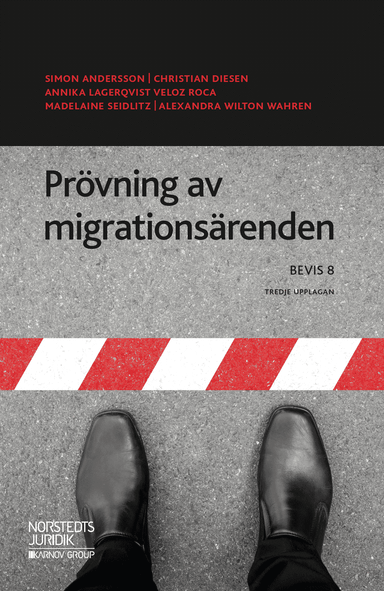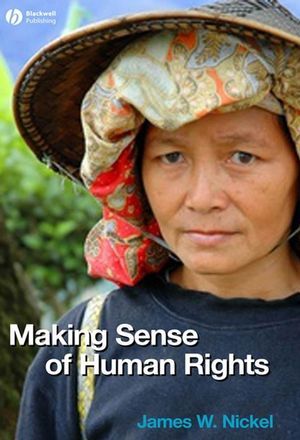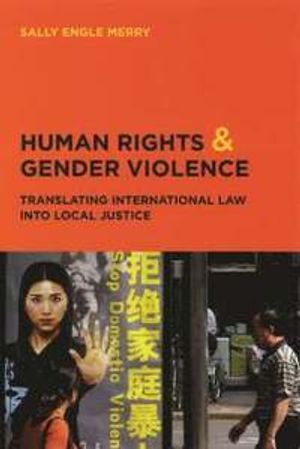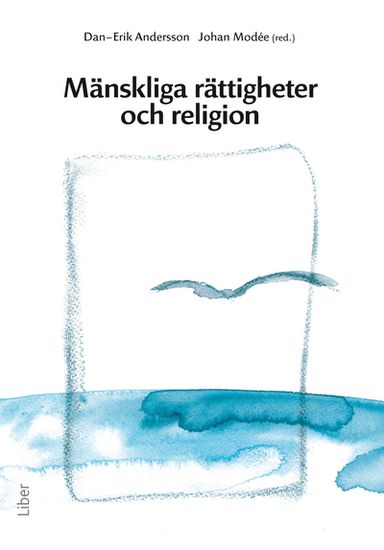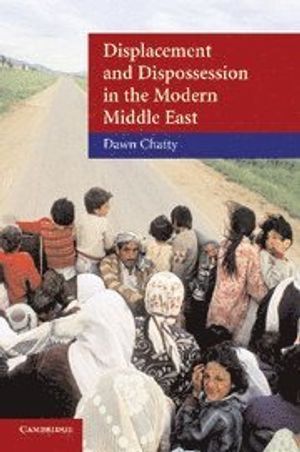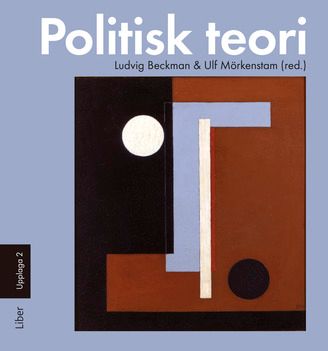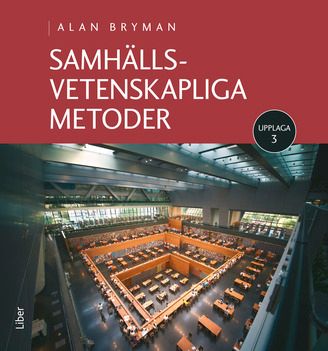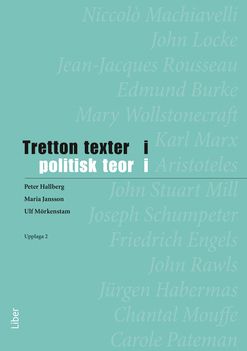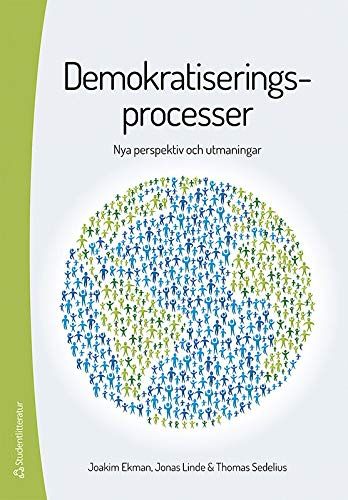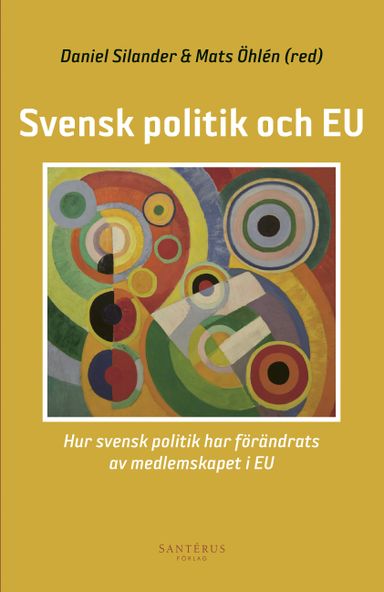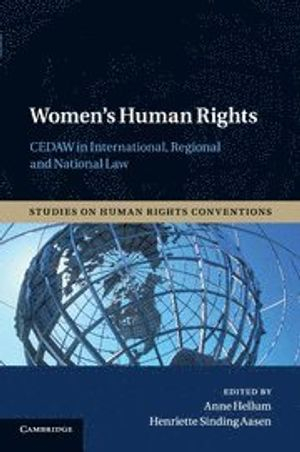

Women's Human Rights
- Utgiven: 2015
- ISBN: 9781107538221
- Sidor: 698 st
- Förlag: Cambridge University Press
- Format: Häftad
- Språk: Engelska
Om boken
As an instrument which addresses the circumstances which affect women's lives and enjoyment of rights in a diverse world, the CEDAW is slowly but surely making its mark on the development of international and national law. Using national case studies from South Asia, Southern Africa, Australia, Canada and Northern Europe, Women's Human Rights examines the potential and actual added value of the Convention on the Elimination of All Forms of Discrimination against Women in comparison and interaction with other equality and anti-discrimination mechanisms. The studies demonstrate how state and non-state actors have invoked, adopted or resisted the CEDAW and related instruments in different legal, political, economic and socio-cultural contexts, and how the various international, regional and national regimes have drawn inspiration and learned from each other.
Åtkomstkoder och digitalt tilläggsmaterial garanteras inte med begagnade böcker
Mer om Women's Human Rights (2015)
I juli 2015 släpptes boken Women's Human Rights skriven av Anne Hellum. Den är skriven på engelska och består av 698 sidor. Förlaget bakom boken är Cambridge University Press.
Köp boken Women's Human Rights på Studentapan och spara uppåt 46% jämfört med lägsta nypris hos bokhandeln.
Referera till Women's Human Rights
Harvard
Hellum, A. (2015). Women’s Human Rights. Cambridge University Press.
Oxford
Hellum, Anne, Women’s Human Rights (Cambridge University Press, 2015).
APA
Hellum, A. (2015). Women’s Human Rights. Cambridge University Press.
Vancouver
Hellum A. Women’s Human Rights. Cambridge University Press; 2015.
